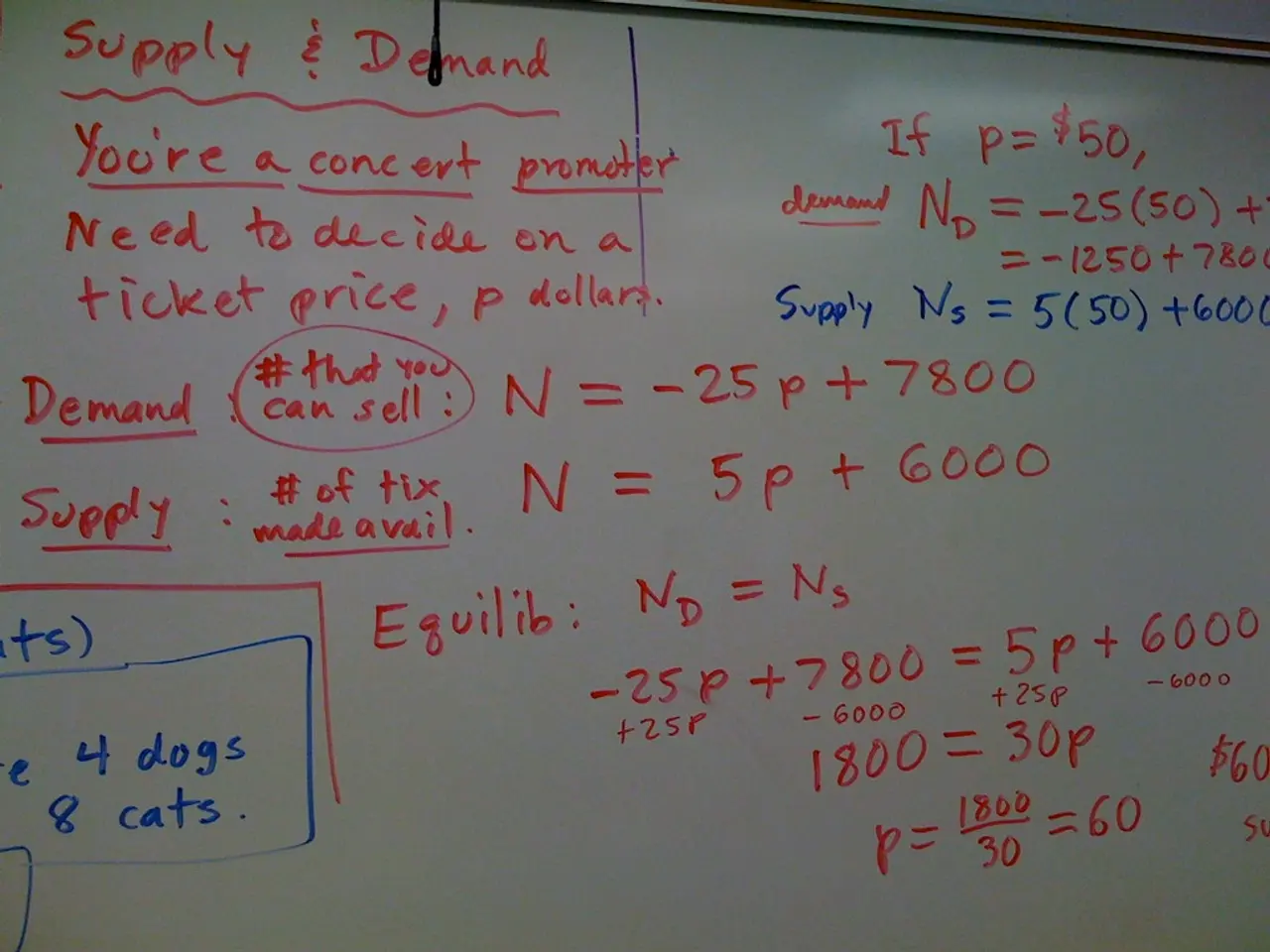Transforming Frustration into Focus: The Significance of Dyslexia Assessments
Dyslexia evaluations play a crucial role in identifying individuals with the learning difference, understanding their strengths and challenges, and providing recommendations for effective support at school and home.
These evaluations are comprehensive, covering various aspects of a person's cognitive and literacy skills. Phonological awareness tests, for instance, evaluate a person's ability to recognize and manipulate the sound structures of language, which is foundational for decoding words. Rapid automatized naming (RAN) tests measure how quickly a person can name familiar items like letters, numbers, or colors, reflecting lexical access speed crucial for reading fluency. Reading and spelling assessments gauge current literacy skills, including decoding real and nonsense words, reading fluency, accuracy, and spelling proficiency, to pinpoint specific reading weaknesses typical in dyslexia.
Cognitive and memory tests are also integral parts of dyslexia evaluations. They assess working memory, processing speed, and attention, helping to distinguish dyslexia from other causes of reading difficulties and identify co-occurring issues. Commonly used tools include the Comprehensive Test of Phonological Processing (CTOPP), the Woodcock-Johnson, and the Wechsler Individual Achievement Test (WIAT).
The evaluations also consider medical, family, and developmental histories and may include vision and hearing screenings to rule out other factors. Cognitive tests also assess executive functioning, which can affect reading and learning strategies.
For individuals diagnosed with dyslexia, one-on-one tutoring with a trained specialist and structured literacy programs like the Orton-Gillingham method, Wilson, and Barton are top-rated interventions. In the classroom, tools such as extra time, text-to-speech and audiobooks, speech-to-text for writing assignments, note-taking support, and graphic organizers can provide necessary support.
It's important to note that dyslexia can affect individuals of all ages, including teens and adults. Signs of dyslexia can include difficulty sounding out new words, guessing at words instead of decoding, slower speeds in rapid naming, forgetting how to spell the same word shortly after learning it, and avoiding reading assignments. However, people with dyslexia often excel in areas like problem-solving, creativity, and storytelling.
A good dyslexia evaluation looks at several key areas, providing a detailed profile of a student's strengths and weaknesses, informing tailored support plans and early intervention critical for effective dyslexia management.
- In my blog about learning differences, I detail how dyslexia evaluations contribute to a person's health-and-wellness by identifying their mental-health challenges and providing personal-growth opportunities through personalized education-and-self-development strategies.
- These comprehensive evaluations can also help in career-development for individuals with dyslexia, as they can uncover hidden strengths in areas like science, fitness-and-exercise, or storytelling, and suggest tailored support for their nutritional needs.
- With the rise of digital learning platforms, it's fascinating to see the impact of technology on dyslexia evaluations, with tools like text-to-speech and speech-to-text becoming essential for aiding learning in the 21st century.
- Over the years, I've shared stories of various individuals diagnosed with dyslexia, showcasing how they've overcome their challenges to achieve success in fields like fitness-and-exercise, science, and even storytelling, proving that their unique minds often excel in unexpected ways.
- As an advocate for mental-health awareness, I believe that understanding dyslexia is crucial for fostering an inclusive and supportive learning environment in our schools, promoting better understanding and empathy among students, teachers, and parents alike.




